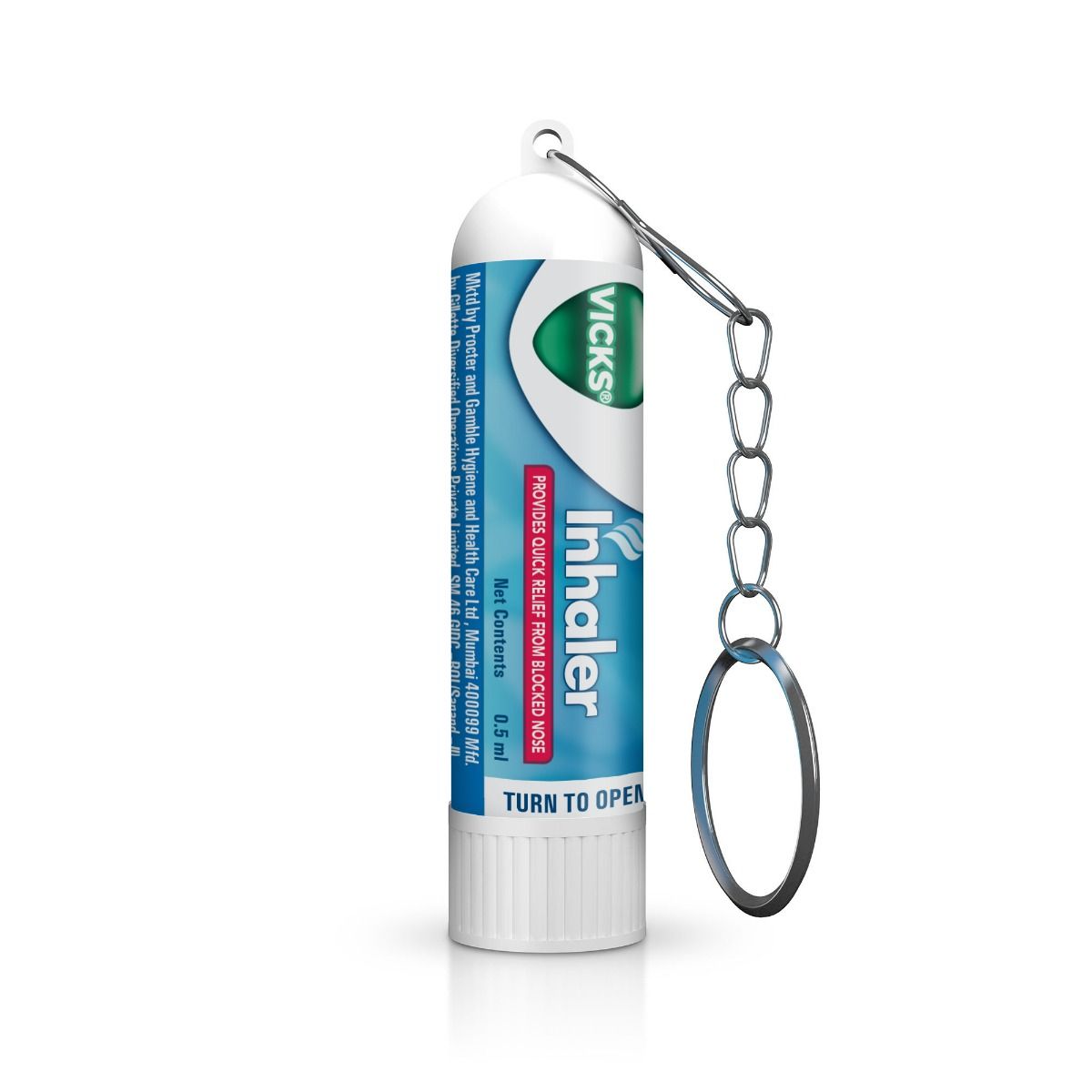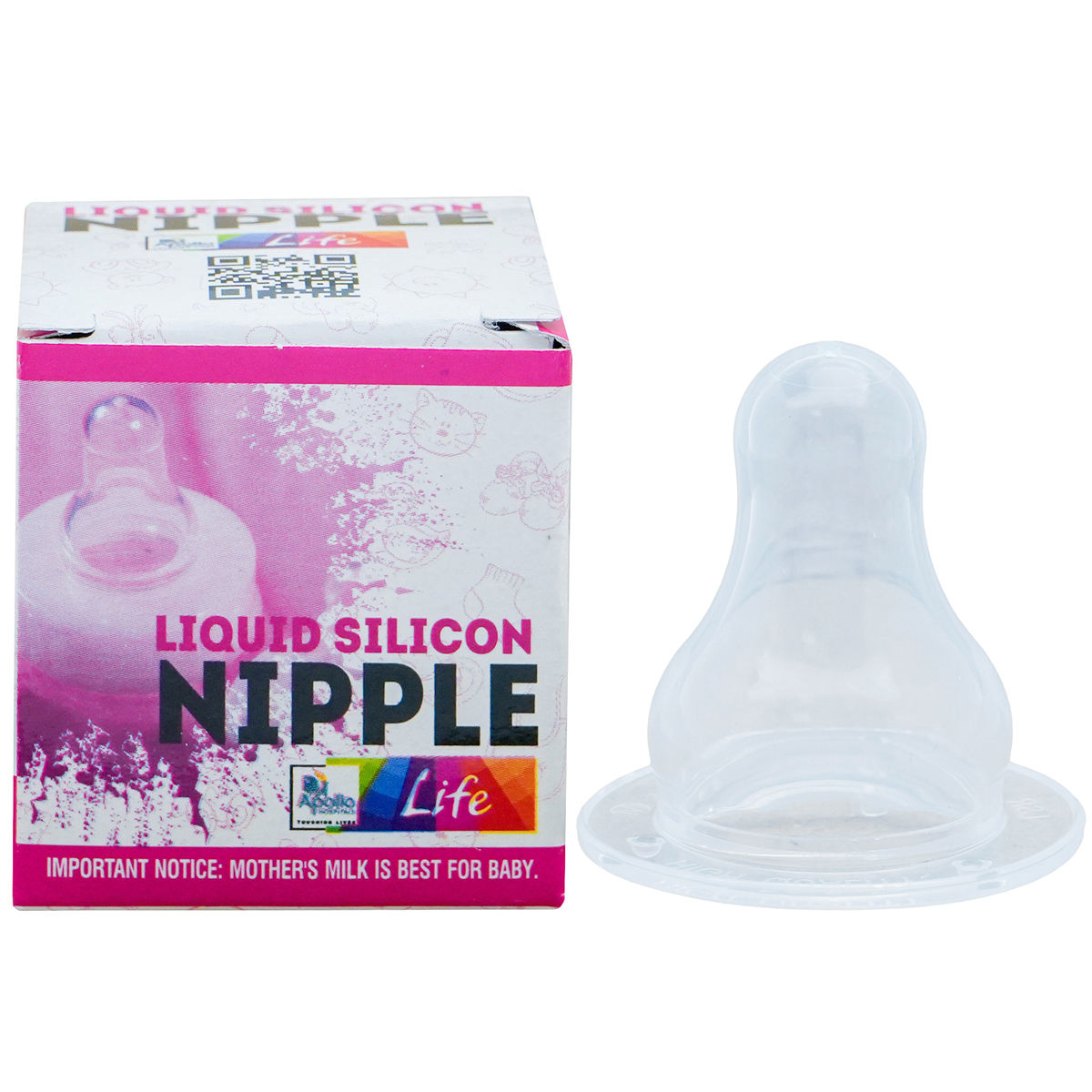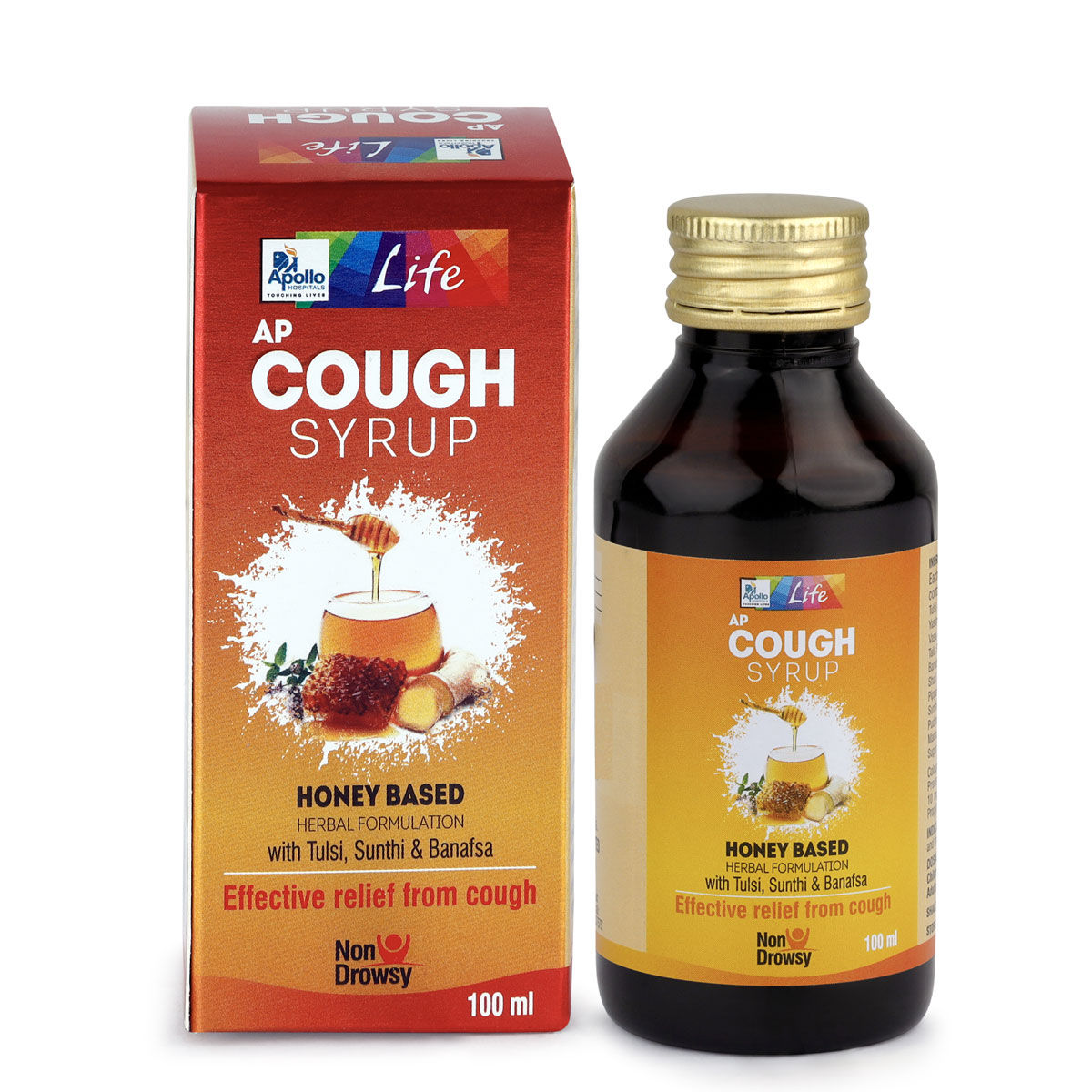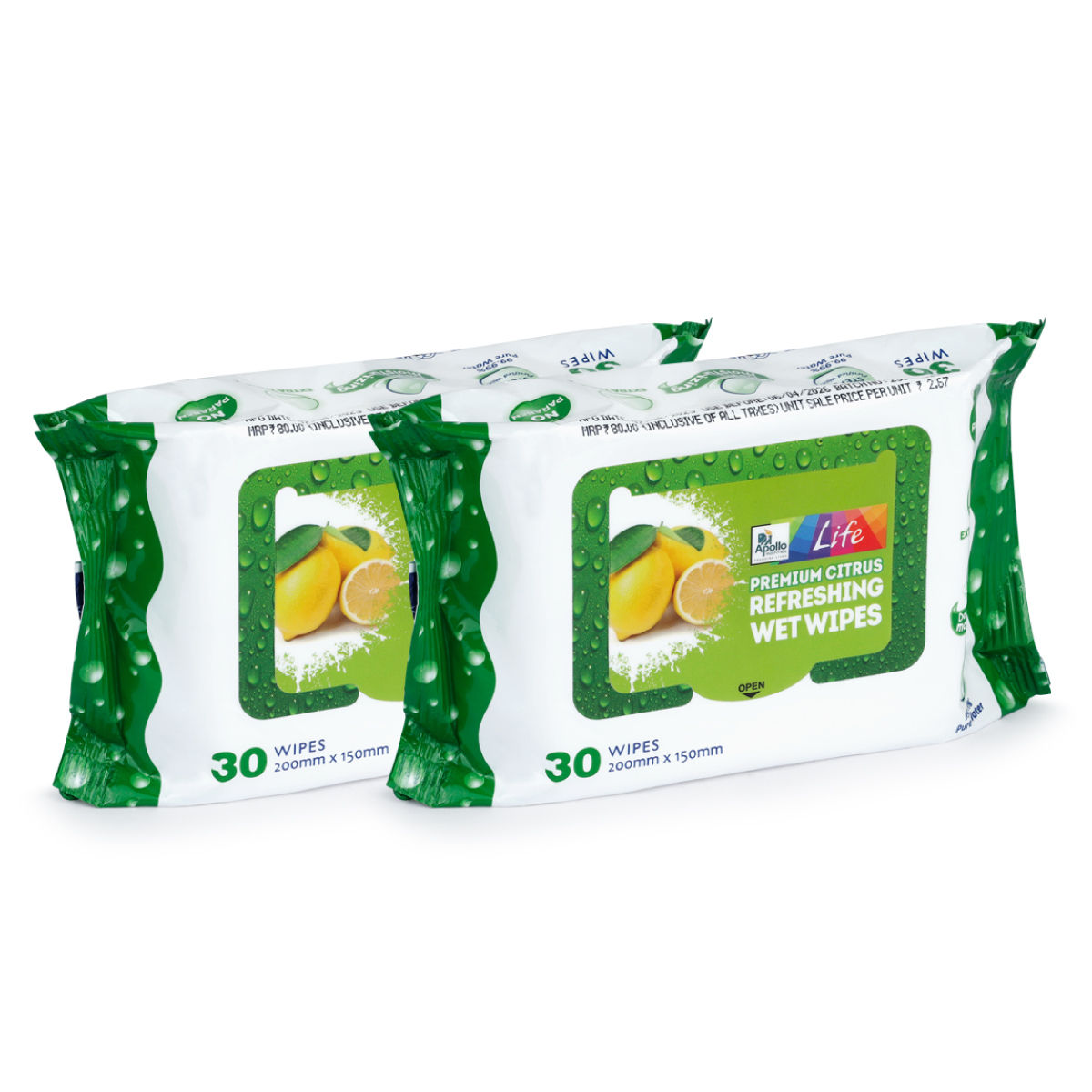Unwanted Tablet 1's



₹392.5
(Inclusive of all Taxes)
₹58.9 Cashback (15%)
Unwanted Tablet is used in combination with Misoprostol to induce a medical abortion. It is primarily used to end an early pregnancy (lasting up to 70 days or less than this) or an unwanted pregnancy with medication help. It contains Mifepristone, which works by blocking the effect of progesterone (female hormone), needed to sustain a pregnancy. In some cases, you may experience side effects such as nausea, uterine cramps, vomiting, diarrhoea, infection following abortion, dizziness, and uterine bleeding. Before taking this medicine, you should tell your doctor if you are allergic to any of its components or if you are pregnant/breastfeeding, and about all the medications you are taking and pre-existing medical conditions.
Know Your Delivery Time
Provide Delivery Location
 Prescription drug
Prescription drugWhats That

Secure Payment

India's Most Trusted Pharmacy

Genuine Products
- Your doctor may reduce your medication dose gradually if you have too much cortisol, while still managing your condition.
- Try hot baths, massages, and gentle exercises like water aerobics or tai chi to ease aches and pains.
- Limit sodium and fatty foods to reduce health risks.
- Consume foods rich in calcium, like dairy, leafy greens, fortified plant milk, and salmon, to support bone health.
- Include sources of vitamin D in your meals, such as cod liver oil, egg yolks, fortified milk, and fatty fish like swordfish and salmon.
- Make time for things you enjoy and set limits to avoid getting too tired.
- Inform your doctor about the nausea and discuss possible alternatives to the medication or adjustments to the dosage.
- Divide your daily food intake into smaller, more frequent meals to reduce nausea.
- Opt for bland, easily digestible foods like crackers, toast, plain rice, bananas, and applesauce.
- Avoid certain foods that can trigger nausea, such as fatty, greasy, spicy, and smelly foods.
- Drink plenty of fluids, such as water, clear broth, or electrolyte-rich beverages like coconut water or sports drinks.
- Use ginger (tea, ale, or candies) to help relieve nausea.
- Get adequate rest and also avoid strenuous activities that can worsen nausea.
- Talk to your doctor about taking anti-nausea medication if your nausea is severe.
- Record when your nausea occurs, what triggers it, and what provides relief to help you identify patterns and manage your symptoms more effectively.
- Preventing Vomiting (Before it Happens)
- Take medication exactly as prescribed by your doctor. This can help minimize side effects, including vomiting.
- Having a small meal before taking your medication can help reduce nausea and vomiting.
- Talk to your doctor about taking anti-nausea medication along with your prescribed medication.
- Managing Vomiting (If it Happens)
- Try taking ginger in the form of tea, ale, or candy to help alleviate nausea and vomiting.
- What to Do if Vomiting Persists
- Consult your doctor if vomiting continues or worsens, consult the doctor for guidance on adjusting your medication or additional treatment.
- Inform your doctor about dry mouth symptoms. They may adjust your medication regimen or prescribe additional medications to manage symptoms.
- Drink plenty of water throughout the day to help keep your mouth moist and alleviate dry mouth symptoms.
- Chew sugar-free gum or candies to increase saliva production and keep your mouth moisturized.
- Use saliva substitutes, such as mouthwashes or sprays, only if your doctor advises them to help moisturize your mouth and alleviate dry mouth symptoms.
- Avoid consuming smoking, alcohol, spicy or acidic foods, and other irritants that may aggravate dry mouth symptoms.
- Schedule regular dental check-ups to keep track of your oral health and handle any dry mouth issues as they arise.
- Consume more protein-rich foods and healthy fats like beans, avocados, cheese, nuts and lean meats to minimize appetite.
- Prefer foods high in fiber to help feel full for a long time.
- If you have decreased appetite, eat only when you are hungry.
- Eat several small meals or snacks all day.
- Try to take only small sips of fluids while eating.
- Report to Your Doctor: Inform your doctor about the muscle pain, as they may need to adjust your medication.
- Stretch Regularly: Gentle stretching can help relieve muscle pain and stiffness.
- Stay Hydrated: Adequate water intake supports muscle health by removing harmful substances and maintaining proper muscle function.
- Warm or Cold Compresses: Apply cold or warm compresses to the affected area to reduce pain and inflammation.
- Rest and Relaxation: Adequate rest helps alleviate muscle strain, while relaxation techniques like deep breathing and meditation can soothe muscle tightness, calm the mind, and promote relief from discomfort.
- Gentle Exercise: Participate in low-impact activities, such as yoga or short walks, to improve flexibility, reduce muscle tension, and alleviate discomfort.
- Consult a physician: If your symptoms don't improve or get worse, go to the doctor for help and guidance.
Drug-Drug Interactions
Drug-Drug Interactions
Login/Sign Up
Co-administration of Unwanted Tablet with Ticagrelor can increase the risk of vaginal bleeding in women.
How to manage the interaction:
Taking Ticagrelor with Unwanted Tablet is not recommended, but can be taken together if prescribed by a doctor. However, consult your doctor if you experience any symptoms like heavy period bleed for more than 7 days, weakness, tiredness, shortness of breath or paleness. Do not discontinue any medications without consulting a doctor.
Using Unwanted Tablet together with fondaparinux may increase the risk and/or severity of vaginal bleeding in women
How to manage the interaction:
Taking Fondaparinux with Unwanted Tablet together is not recommended as it can result in an interaction, but it can be taken if a doctor has advised it. However, if you experience unusual symptoms contact a doctor immediately. Do not stop using any medications without talking to a doctor.
Co-administration of Fluticasone with Unwanted Tablet may make Fluticasone less effective as a therapy.
How to manage the interaction:
Taking Fluticasone with Unwanted Tablet is not recommended, consult a doctor before taking it. Do not stop using any medications without talking to a doctor.
Co-administration of Mesoridazine with Mefipristone can increase the risk of an abnormal heart rhythm, low potassium levels in the body.
How to manage the interaction:
Taking Mesoridazine with Unwanted Tablet is not recommended, but it can be taken if prescribed by the doctor. However, if you experience sudden dizziness, lightheadedness, fainting, breathing difficulty, or rapid heartbeat, weakness, tiredness, drowsiness, confusion, painful muscle cramping, nausea, or vomiting, constipation, abdominal cramping, chest pain, and/or swelling in the legs or feet, get medical attention. Do not discontinue any medications without consulting a doctor.
Taking fentanyl and Unwanted Tablet may significantly increase the blood levels of fentanyl, which may increase the risk of side effects.
How to manage the interaction:
Although there is an interaction between Unwanted Tablet and fentanyl, they can be taken together if advised by a doctor. Do not stop using any medications without talking to your doctor.
Co-administration of Unwanted Tablet and Midazolam may significantly increase Midazolam blood levels and effects, which increases the risk of side effects.
How to manage the interaction:
Although taking Unwanted Tablet and Midazolam together may result in an interaction, they can be taken if prescribed by a doctor. Consult a doctor if you have excessive or prolonged sleepiness and breathing issues. Do not discontinue any medication without consulting a doctor.
Using Fluticasone furoate with Unwanted Tablet can reduce the effect of fluticasone furoate.
How to manage the interaction:
Taking Fluticasone furoate with Unwanted Tablet is not recommended, but it can be taken if prescribed by the doctor. Do not stop using any medications without talking to a doctor.
Co-administration of Unwanted Tablet with Bivalirudin can increase the risk of negative side effects.
How to manage the interaction:
Taking Bivalirudin with Unwanted Tablet together is not generally recommended as it may lead to an interaction, but it can be taken if prescribed by a doctor. However, if you experience persistent, excessive bleeding, consult the doctor. Without consulting a doctor, never stop taking any medication.
When Fludrocortisone is taken with Unwanted Tablet, it can increase the risk of side effects.
How to manage the interaction:
Taking Unwanted Tablet with Fludrocortisone is not recommended, but it can be taken if prescribed by the doctor. Do not stop using any medication without consulting a doctor.
Combining Unwanted Tablet with Enoxaparin can increase the risk or severity of side effects of vaginal bleeding.
How to manage the interaction:
Taking Enoxaparin with Unwanted Tablet is not recommended as it can result in an interaction, it can be taken if a doctor has advised it. However, if you experience prolonged, excessive bleeding, you should contact a doctor immediately. Do not stop using any medications without talking to a doctor.
Drug-Food Interactions
Drug-Food Interactions
Login/Sign Up
Grapefruit Juice
How to manage the interaction:
Grapefruit juice may increase the effects of Unwanted Tablet. Avoid consumption of grape juice while taking Unwanted Tablet. However, if you experience headache, dizziness, fatigue, nausea, vomiting, cramping, diarrhea, swelling, and high blood pressure, consult the doctor.
Product Substitutes
Health Queries
Use
Dr Bayyarapu Kumar
M Pharmacy

Have a query?
FAQs
Customers Also Bought
Disclaimer
Author Details
We provide you with authentic, trustworthy and relevant information
Buy best Obstetrics And Gynaecology products by
Sun Pharmaceutical Industries Ltd
Akumentis Healthcare Ltd
Serum Institute Of India Pvt Ltd
Corona Remedies Pvt Ltd
Intas Pharmaceuticals Ltd
Bharat Serums and Vaccines Ltd
Emcure Pharmaceuticals Ltd
Abbott India Ltd
Cipla Ltd
Koye Pharmaceuticals Pvt Ltd
Torrent Pharmaceuticals Ltd
Lupin Ltd
Zydus Cadila
Neon Laboratories Ltd
Walter Bushnell
Jagsonpal Pharmaceuticals Ltd
Zydus Healthcare Ltd
Alembic Pharmaceuticals Ltd
Gufic Bioscience Ltd
Mankind Pharma Pvt Ltd
Aristo Pharmaceuticals Pvt Ltd
Eris Life Sciences Ltd
Lincoln Pharmaceuticals Ltd
Macleods Pharmaceuticals Ltd
Mylan Pharmaceuticals Pvt Ltd
Sanzyme Pvt Ltd
West Coast Pharmaceuticals Pvt Ltd
Xeno Pharmaceuticals
Ar-Ex Laboratories Pvt Ltd
Pfizer Ltd
Samarth Life Sciences Pvt Ltd
Systopic Laboratories Pvt Ltd
Vivo Lifesciences Pvt Ltd
Dewcare Concept Pvt Ltd
Remember India Medicos Pvt Ltd
Bayer Zydus Pharma Pvt Ltd
Blisson Mediplus Pvt Ltd
Eurozen Healthcare
Glenmark Pharmaceuticals Ltd
La Renon Healthcare Pvt Ltd
Micropolis Lifesciences Pvt Ltd
Organon India Ltd
Uniza Healthcare Llp
Vasu Organics Pvt Ltd
Wellesta Healthcare Pvt Ltd
Ajanta Pharma Ltd
Amelia Healthcare Pvt Ltd
Cadila Pharmaceuticals Ltd
Fourrts India Laboratories Pvt Ltd
Hetero Healthcare Pvt Ltd
Pharmanova India Drugs Pvt Ltd
TTK Healthcare Ltd
Win Medicare Ltd
Zealina Life Sciences Llp
Blisson Medica Pvt Ltd
Cadila Healthcare Ltd
Ferring Pharmaceuticals Pvt Ltd
Goddres Pharmaceuticals Pvt Ltd
Leeford Healthcare Ltd
Martin & Harris Pvt Ltd
Oaknet Healthcare Pvt Ltd
Pharmanova Specialties Pvt Ltd
Shield Healthcare
Svizera Healthcare
Akesiss Pharma Pvt Ltd
Alena Lifesciences Llp
Alkem Laboratories Ltd
Bio Mines
Biological E Ltd
Chem Med Pharmaceuticals
Cheminnova Lifesciences
Eskag Pharma Pvt Ltd
Estragen Pharma Pvt Ltd
German Remedies Ltd
Hibiscus Pharmaceuticals Pvt Ltd
Indiabulls Pharmaceuticals Pvt Ltd
Infar India Ltd
Integrace Pvt Ltd
Jay Ell Healthcare Pvt Ltd
Liveon Health Care Pvt Ltd
Maneesh Pharmaceuticals Ltd
Medgen Drugs And Laboratories Pvt Ltd
Medishri Healthcare Pvt Ltd
Stoicure Pharmaceuticals Pvt Ltd
Syndicate Life Sciences Pvt Ltd
Synokem Pharmaceuticals Ltd
Uni Sankyo Ltd
Zuventus Healthcare Ltd
AQUINNOVA PHARMACEUTICALS
Albert David Ltd
Austen Biologicals
Bestel Laboratories Pvt Ltd
Burot Pharmaceutical
Cieo Remedie
Cosmic Life Sciences
Dakshinamurti Pharma Pvt Ltd
Delight Biopharma Pvt Ltd
East West Pharma India Pvt Ltd
Elbrit Life Sciences Pvt Ltd
Evaevo Lifescience Pvt Ltd
Feelcure Pharmaceuticals
Gland Pharma Ltd
Gynofem Healthcare Pvt Ltd
Hindustan Latex Ltd
Innovcare Life Sciences Pvt Ltd
Lebone Healthcare Pvt Ltd
MMC Healthcare Ltd
Megma Healthcare Pvt Ltd
Micro Labs Ltd
Msn Laboratories Pvt Ltd
Nextgen Healthcare
Nivian Pharma Llp
Novartis India Ltd
Obsurge Biotech Ltd
Olympus Therapeutics Pvt Ltd
PNOVAE PHARMACEUTICAL INDUSTRIES PVT LTD
PSI India Pvt Ltd
Pharmison Valentes Pharma Pvt Ltd
Resilient Cosmeceuticals Pvt Ltd
Saan Labs
Siskan Pharma Pvt Ltd
Themis Pharmaceutical Ltd
Troikaa Pharmaceuticals Ltd
Unison Pharmaceuticals Pvt Ltd
Apex Laboratories Pvt Ltd
Apical Health Care Pvt Ltd
Astra Zeneca Pharma India Ltd
Astraea Life Sciences Pvt Ltd
Bellafem Pharma Llp
Besins Healthcare
Bharat Biotech
Biomiicron Pharma India Pvt Ltd
Biosys Medisciences
Canvarzys Healthcare Ltd
Carexia Healthcare Llp
Chemo Healthcare Pvt Ltd
Cista Medicorp
Cnx Health Care Pvt Ltd
Cureill Pharma Pvt Ltd
D Cure Pharmaceuticals Pvt Ltd
DR Johns Lab Pharma Pvt Ltd
Dew Life Pharmaceuticals
Drs Alexia Pharma Pvt Ltd
EAST COAST HELATHCARE PVT LTD
Elder Pharmaceuticals Ltd
Endocard India Pvt Ltd
Ernst Pharmacia
Galpha Laboratories Ltd
Gurgrace Pharmaceuticals
Hauz Pharma Pvt Ltd
Hll Lifecare Ltd
Ind Swift Laboratories Ltd
Indchemie Health Specialities Pvt Ltd
Indoco Remedies Ltd
Jupiter Biolabs Pvt Ltd
Karisca Healthcare Pvt Ltd
Knoll Healthcare Pvt Ltd
Levite Healthcare
Lloyd Healthcare Pvt Ltd
Macmillon Pharmaceuticals
Marckswin Lifescience
Medibless Pharma Pvt Ltd
Medley Pharmaceuticals Ltd
Merck Ltd
Meyer Organics Pvt Ltd
Morepen Laboratories Ltd
Nexgen Rx Life Science Pvt Ltd
Novomedix Pharmaceutical Pvt Ltd
Olcare Laboratories Pvt Ltd
Ozone Pharmaceuticals Ltd
Plusplus Lifesciences Llp
Pregna International Ltd
Prontocure Pharma Pvt Ltd
Rapross Pharmaceuticals Pvt Ltd
Ravenbhel Pharmaceuticals
Regenix Drugs Ltd
Rnova Biologicals Pvt Ltd
Ronyd Healthcare Pvt Ltd
Rudolf Life Sciences Pvt Ltd
Servocare Lifesciences Pvt Ltd
Signorah Health Care
Solitaire Pharmacia Pvt Ltd
Syncom Formulations Pvt Ltd
Tablets India Ltd
Tetra Healthcare India
Tms Tulsi Medsciences Pvt Ltd
Triton Healthcare Pvt Ltd
Vishaura Healthcare Pvt Ltd
Vityl Pharmaceuticals Pvt Ltd
Voizmed Pharma Pvt Ltd
Wayonext Pharmaceuticals Pvt Ltd
Wilburt Remedies Pvt Ltd
Wockhardt Ltd
Zee Laboratories Ltd
Zogenix Health Care Pvt Ltd
3C Pharmaceuticals Pvt Ltd
3M India Ltd
Aareen Healthcare Pvt Ltd
Alpha & Omega Therapeutics Pvt Ltd
Anax Life Sciences Pvt Ltd
Anglo French Drugs & Industries Ltd
Aphia Healthcare
Apple Therapeutics Pvt Ltd
Arvincare
Astron Lifesciences Pvt Ltd
Atlanta Biological Pvt Ltd
Aurobindo Pharma Ltd
Avighna Medicare Pvt Ltd
Axnture Healthcare
Bayer Pharmaceuticals Pvt Ltd
Bioceutics Inc
Biochem Pharmaceutical Industries Ltd
Biomines Pharma
Biomirra Biogenics Pvt Ltd
Biostreak Pharmaceuticals
Bliss Gvs Pharma Ltd
Cadila Irm Pharma
Cibeles Pharmaceuticals Pvt Ltd
Cratus Lifecare Pvt Ltd
Curador Healthcare Pvt Ltd
DKT India Ltd
Deepkamal Health Services Pvt Ltd
Dhamus Pharma
Do Well Life Science
Dwd Pharmaceuticals Ltd
Elcliff Formulations Pvt Ltd
Epione Pharmaceuticals Pvt Ltd
Exeltis Healthcare Global
Faveo Life Sciences Pvt Ltd
Faveo Pharmaceuticals
Feminova pharmaceuticals Pvt Ltd
Fibovil Pharmaceuticals Pvt Ltd
Fornax Pharmaceuticals Ltd
Fraaston Healthcare Pvt Ltd
Glamcure Lifesciences Pvt Ltd
GlaxoSmithKline Pharmaceuticals Ltd
Glenmore India Pharmaceutical Pvt Ltd
Grace Derma Healthcare Pvt Ltd
Group Pharmaceuticals Ltd
Gufic Biosciences Ltd
Gyno Care Services Pvt Ltd
Gypsopiea Pharmaceutical Pvt Ltd
Hbc Life Sciences Pvt Ltd
Impact Pharma
Ind-Swift Ltd
Indian Biologicals Pvt Ltd
Inga Laboratories Pvt Ltd
Inuus Healthcare Pvt Ltd
Invision Medi Sciences Pvt Ltd
Jacsims Pharmaceuticals Ltd
Kaps Three Life Sciences Pvt Ltd
Karnataka Antibiotics & Pharmaceuticals Ltd
Kee Pharma Ltd
Kepler Healthcare Pvt Ltd
Kiefer Pharmaceuticals
Klm Laboratories Pvt Ltd
Larion Life Sciences Pvt Ltd
Lunatus Health Care
Marthahan Pharma Pvt Ltd
Mascot Health Series Pvt Ltd
Maxford Labs Pvt Ltd
Mcw Healthcare
Med Manor Organics Pvt Ltd
Medsoft Life Sciences
Menschlich Healthcare (Opc) Pvt Ltd
Mercury Laboratories Ltd
Midas Health Care
Mmc Pharmaceuticals Ltd
Montana Remedies Pvt Ltd
Mount Med Life Sciences Pvt Ltd
Mtcare Lifesciences Pvt Ltd
Neiss Labs Ltd
Neostar Lifesciences
Nexkem Pharmaceuticals Pvt Ltd
Niksun Pharmaceutical
Nova Healthcare
Novamed Pharma
Orziva Healthcare Pvt Ltd
Pharmacia Ltd
Pharmasynth Formulations Ltd
Pharmed Ltd
Prevego Healthcare & Research Pvt Ltd
Psychotropics India Ltd
Q Call Healthcare Pvt Ltd
RB Pharmaceuticals
Ranbaxy Laboratories Ltd
Rekvina Laboratories Ltd
Renocare Pharmaceutical Pvt Ltd
Rowez Life Sciences Pvt Ltd
Ryte Pharmacia
Salvus Pharma
Sb Life Sciences
Smb Corporation Of India
Softech Pharma Pvt Ltd
Solvate Laboratories Pvt Ltd
Solvay Pharma India Ltd
Solveig Life Sciences Pvt Ltd
Stedman Pharmaceuticals Pvt Ltd
Strides Shasun Ltd
Supernova Biotech Pvt Ltd




























